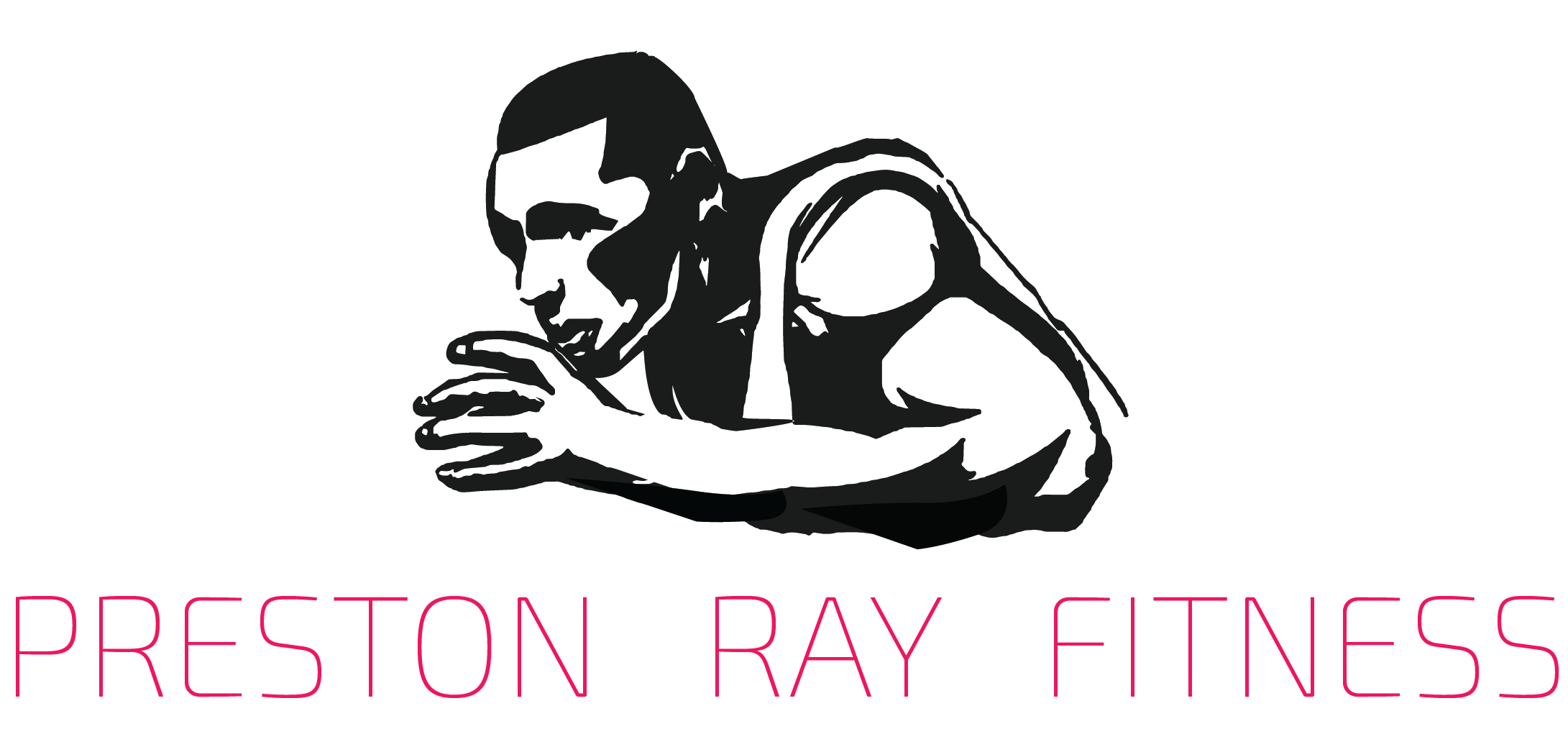In a meta-analysis of Randomized controlled studies, Chilibeck et al. discovered that creatine usage coupled with strength training in adults 50 years of age and older was practically harmless. Of the 720 or so participants across twenty-two studies, only 4 studies mentioned gastrointestinal discomfort. Two studies mentioned muscle cramping. There were no reports of liver or kidney disfunction in any of the participants. The good news or positive takeaway for those 50 years of age and older was lean muscle tissue, as well as lower and upper body strength did increase. This is proof that a physical activity like resistance training can be improved with creatine supplementation. The results of this study are valuable to many weightlifters including myself, as I am about to turn 51 on February 1.
Kent Sahlin’s paper on Muscle energetics during explosive activities and potential effects of nutrition and training provides insight on the value of creatine supplementation during high intensity exercises lasting up to six seconds. This finding further proves the positive effects creatine has on strength training but also demonstrates high value in short sprints such as the 40m dash, as well as track and field events such as the high jump, long jump and discus throw. All of which take place in under six seconds in most cases. There is some evidence that creatine supplementation does increase body weight by up to 2% so athletes should keep this in mind when considering use of creatine. Increased body weight can slow athletes down in running events.
Lastly, there seems to be no adverse effects when consuming creatine according to the Journal of the International Society of Sports Nutrition. The organization looked at twelve different markers from kidney and renal disease associated with creatine to adolescent use of the supplement to dehydration and muscle cramping and found none of it to be true. This is great news for athletes who want to use creatine to boost anaerobic performance and improve recovery. However, I would be careful using the supplement if I had to make weight like one has to do in boxing or wrestling. There does appear to be some water retention that takes place because of using the supplement.
References
Antonio, J., Candow, D. G., Forbes, S. C., Gualano, B., Jagim, A. R., Kreider, R. B., Rawson, E. S., Smith-Ryan, A. E., VanDusseldorp, T. A., Willoughby, D. S., & Ziegenfuss, T. N. (2021). Common questions and misconceptions about creatine supplementation: what does the scientific evidence really show? Journal of the International Society of Sports Nutrition, 18(1), 1–17. https://doi.org/10.1186/s12970-021-00412-w
Chilibeck PD, Kaviani M, Candow DG, & Zello GA. (2017). Effect of creatine supplementation during resistance training on lean tissue mass and muscular strength in older adults: a meta-analysis. Open Access Journal of Sports Medicine, 8, 213–226.
Sahlin, Kent. (2014). Muscle energetics during explosive activities and potential effects of nutrition and training. Sports Medicine, 44, 167-173.











Recent Comments